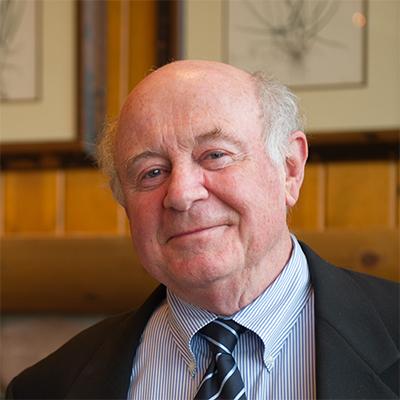Trust, a societal resource that has been steadily bleeding away, is indispensable for schooling. As the classic book by Anthony Bryk and Barbara Schneider showed, a school can’t be good, and can’t improve, without trust all around. Teachers must trust one another and show respect for parents and loving concern for children. Parents must trust that virtual strangers will protect and care for their children, both physically and emotionally. Even if confident about safety, families also must trust schools not to waste the fast-fleeting years in which children can learn full-time.
The pandemic has not been good for trust in education. Until last month the national government sowed confusion about COVID risks, safety precautions, and the prudence of opening schools. New COVID variants and ragged vaccination rollouts still keep everyone on edge.
But the institutions of K–12 education are making their own contributions to distrust. Parents can’t be comforted by learning that school reopening to date has been driven more by support or opposition to Donald Trump than by local risk factors, or by some schools’ efforts to hide rates of virus transmission.
Then come the wars between districts and teachers unions. Parents in Chicago, D.C., Los Angeles, and San Francisco might accept that escalating union demands about infection control are in their kids’ interest too, but some apparently question the motives and veracity of district and school board members. Alternatively, there are parents who don’t trust the unions, or don’t trust anybody.
Trust is often deepest and most fundamental at the classroom level. Most parents like and trust their children’s teachers, even if they have doubts about the broader public school system. Will this be the case when children return to school only to learn that some of their teachers have quit or are working only online? Or if unpredictable adult attendance means that teachers are constantly reassigned to fill gaps in class coverage? Or if some parents claim rights to avoid masks, social distancing, or vaccinations?
For Black and Latino families, the problems of trust go much deeper. Families of color are more likely to have negative interactions with the school system as a result of low expectations, failures to affirm students’ cultural identities, and disparities in disciplinary action. An important 2018 doctoral dissertation shows how deeply Black parents fear for their children in school, and how strongly they feel that without constant vigilance their children will be neglected, underestimated, or treated harshly. The same dissertation also shows how difficult it can be for teachers, who are often white, to gain Black parents’ trust, and how easily it can be lost.
For families of color, the pandemic has exacerbated these concerns, given their disproportionate exposure to sickness and death from COVID and their skepticism about schools’ diligence in protecting kids.
As public schools struggle back to in-person instruction, no group of parents, whether poor or privileged, is likely to extend the benefit of the doubt. Trust might improve over time, if everyone is lucky and few children get sick or transmit the virus to vulnerable loved ones. But to restore trust, schools must expect parents to be wary and take positive confidence-building steps. As Baltimore Schools CEO Sonja Santelises recently said about school reopening on the PBS NewsHour:
What we have found is that, slow and steady, demonstrating that your children are safe, that some of the conditions that were the case prior to the pandemic, we have addressed. So, something very simple that a number of teachers, not just in Baltimore, but across the country, talk about is, well, for example, things like hand soap, right?
One of the things we had to do here in Baltimore City was revamp and centralize how we distribute hand sanitizer and soap to schools. So, when families started coming in and seeing that, yes, there is hand sanitizer, yes, there is social distancing, yes, there is an air purifier in the classroom, it was an exercise in gaining trust for families.
And we know, those of us who serve large numbers of community members who just have not had that trusting relationship, this really is a trust-building exercise. And so where we can make sure that parents can speak to the principals, see for themselves, actually talk to their children at the end of the day and get pictures during the day, open houses, so that families have the chance to dialogue and know what the protocols are, we’re more likely to get that success over time.
That would be a great start. Districts also must reassure apprehensive parents by improving transparency about virus cases in schools and being honest about what’s not working.
But superintendents and district central office staff aren’t likely to regain parents’ trust on their own. They must also act to empower teachers and principals who are better positioned to connect with families and build their confidence in health and safety protocols. Families are more likely to trust information coming from their children’s principal or teacher than a distant central office administrator. Teachers and principals can, as New York Times reporter Erica Green recently described, have one-on-one conversations that reassure families and respond to individual concerns or needs. And as RAND recently found, principals are much more effective than district higher-ups at gaining buy-in from staff and families around safety protocols like COVID testing.
Perhaps more importantly, school communities are much better positioned for pilot programs—like learning pods, hybrid learning, or outdoor learning models—that bring in smaller groups of students for in-person instruction. This would make reopening less like flipping a switch. It could be done gradually, bringing parents along via trust-building steps.
While schools are working to develop trust, viral mutations and political unrest will continue working against them. District and school leaders can no longer presume parents’ trust, or forget that it must be constantly renewed.





